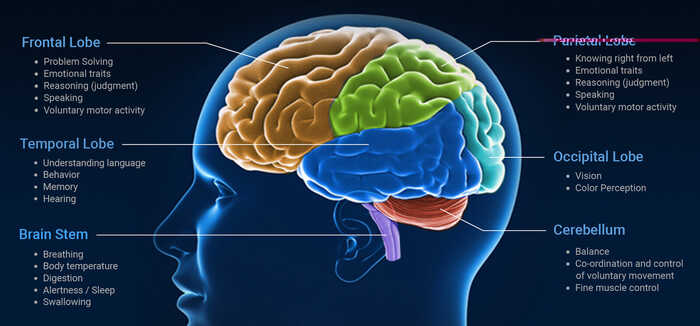Acquired brain injury and traumatic brain injury - what is the difference?
ABI or TBI
What is the difference between an acquired brain injury and a traumatic brain injury?
Acquired brain injury (ABI) and traumatic brain injury (TBI) are two distinct categories of brain injuries.
ABI refers to any injury that occurs to the brain after birth, and it can be caused by a variety of factors, such as stroke, brain infections, anoxia (lack of oxygen), tumours, or degenerative neurological diseases.
Whereas a TBI specifically refers to an injury that results from an external force, such as a blow to the head, a car accident or a fall. The force can cause damage to the brain tissue and disrupt the normal functioning of the brain.
The key difference between the two is the cause of the injury. While ABI can be caused by a variety of factors, TBI is specifically caused by an external force. Both ABI and TBI can result in a wide range of symptoms and can vary in severity depending on the extent of the damage to the brain. TBIs often result in immediate symptoms and can range from mild to severe.
While both ABIs and TBIs can result in brain damage and similar symptoms, the key difference between the two is the cause of the injury.
Do ABI’s and TBI’s present the same?
While both acquired brain injuries (ABI) and traumatic brain injuries (TBI) can cause similar symptoms, the symptoms can vary depending on the cause, location, and severity of the injury.
Some symptoms of ABI and TBI may overlap, including:
- Cognitive difficulties: such as memory problems, difficulty concentrating, or confusion.
- Physical symptoms: such as headaches, dizziness, or seizures
- Emotional or behavioural changes: such as depression, anxiety, irritability, or mood swings
However, depending on the specific type of ABI or TBI, other symptoms may be present. For example, a person with a stroke-related ABI may experience weakness or paralysis on one side of the body, while a person with a TBI resulting from a car accident may experience vision or hearing difficulties.
It's important to note that each person's experience with ABI or TBI can be unique, and symptoms can vary widely from person to person. A healthcare professional trained in the management of brain injuries, such as a Case Manager, can provide more information about specific symptoms and treatment options by providing tailored care to that persons needs.
The treatment of an acquired brain injury (ABI) or traumatic brain injury (TBI) depends on the specific cause, location, and severity of the injury. Treatment may include a combination of medical care, rehabilitation, and supportive therapies.
Some common treatments for ABI or TBI may include:
- Medical care: This may involve hospitalisation, surgery, medication to manage symptoms such as pain, seizures, or inflammation, or monitoring for complications such as infections or blood clots.
- Rehabilitation: This may include physical therapy, occupational therapy, speech therapy, or other types of therapy depending on the person's specific needs. Rehabilitation is often tailored to help the person regain function and independence in daily activities and can also include vocational rehabilitation for a return to work or transfer of skills into a new role.
- Supportive therapies: This may include cognitive or behavioural therapies, counselling, or support groups to help the person cope with emotional or psychological changes that may occur as a result of the injury.
It's important to note that the treatment of ABI or TBI is often complex and can involve a team of healthcare professionals, including Case Managers, Doctors, Nurses, Therapists, and Social Workers, among others. The goals of treatment are typically to improve function, maximize independence, and help the person achieve the best possible quality of life.
To discuss our services please call 0129724145 or email hello@circlecm.com

Posted by Nicola Kelly on April 26th 2023

